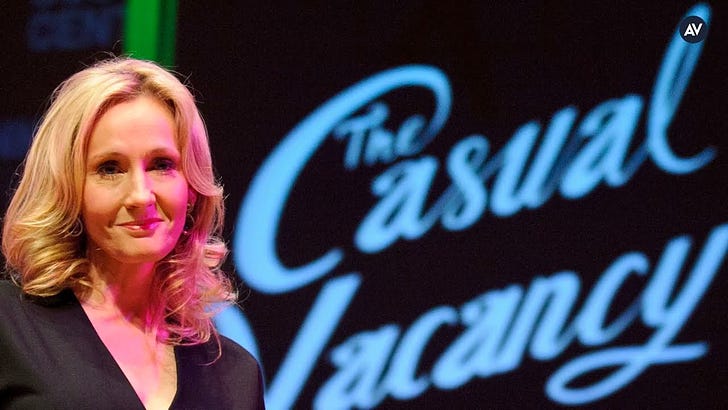Why J.K. Rowling Isn’t As Controversial As You Think
The authors’ defenders include some prominent transgender people
Keep reading with a 7-day free trial
Subscribe to Shiny Herd to keep reading this post and get 7 days of free access to the full post archives.




